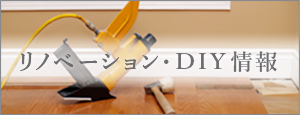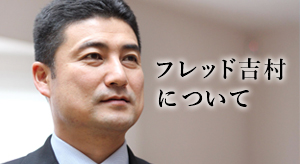ブログ
8.62015
中国からの資金洗浄目的の不動産購入が問題視されています。

7月に入っても一向に衰えないバンクーバーの高額一戸建て物件の市場ですが、不動産投資目的の他にも巨額の資金洗浄の温床になっている事実が問題視されています。これは不正にカナダに持ち込んだブラックマネーで高額不動産を購入し、数年後に物件売却をして現金化すると、その売却金は出所の確かなクリアーなマネーとして扱われるからです。現在の入国法では罰則が緩く、ここ一年間で空港で差し押さえられた資金はたったの$15ミリオンですが、実際には数百万ドルに及ぶと見られています。
因みに入国時に無申告で1万ドル以上の現金を持ち込み、税関で差し押さえられた場合には専門の弁護士を使い、資金の出所を事細かに証明して取り戻す必要があり、弁護士費用は数万ドルから10万ドル以上といわれていますので、新聞紙に包んで1,000万円なんて冒険は賢明ではありません。100万円の札束はx線に映るそうですよ。
Lenient border laws, permissive property rules and loose regulations are being identified as key drivers of foreign investment in the Canadian market, including money laundering by Chinese and international investors, according to a recent newspaper report.
According to an article in The Province, which obtained data from the Canadian Border Service Agency through a freedom of information request, Vancouver is being targeted by a small percentage of Chinese nationals as a place for illicit offshore investment. A recent fraud investigation reported by The Province shows that the number of Chinese, and other international groups, laundering money in Canadian real estate is increasing by the day.
Kim Marsh, a B.C.-based fraud investigation executive, told The Province that he recently started working on a new case involving a man who disappeared with $450 million in corruption money and has been laundering it in Vancouver real estate in the Lower Mainland region for several years.
“This guy is just one of many,” Marsh, who served 25 years with the RCMP for organized crime, told the newspaper. “The evidence is mounting of a lot of grey money coming into Vancouver’s real estate market. So we have some serious issues in Vancouver and we need more deterrents.”
Despite the report’s assertion that laundering occurs mostly in the property sector, only a small fraction of the illegal money is flowing into the real estate market.
However, a lack of data and transparency on foreign investment has left many gaps in research to assess the impact.
Still, according to numbers obtained by The Province, customs agents at airports in Vancouver and Toronto seized $15,019,891 in either undeclared cash or monetary instruments from 869 Chinese nationals between June 2012 to December 2014.
Under Canadian laws meant to hinder money laundering, values over $10,000 must be claimed before brought into the country. However, the law allows nationals and other internationals to pay a fine in order to walk out scot-free.
The talk of foreign investment and what level of responsibility falls on the Chinese nationals has been swirling across the country for months as an overvalued Canadian real estate market persists with many calling for a housing correction down the line – especially as the country begins to dip towards a recession.
Layla Yang, a real estate agent with Re/Max who works closely with foreign investors, declined to comment on the issue when contacted for an interview by CREW, but has maintained that a free market has led to this outcome, not foreign investors from China.
Others, however, don’t feel the same way.
“It should be a real concern that our associations and boards, including BCREA and CREA and in particular the Real Estate Board of Greater Vancouver, fail to see the importance of collecting data on the impact of foreign or offshore buying in our real estate markets,” Calvin Lindberg, a real estate agent in Vancouver, told CREW.
“Saying that only five per cent of the market is made up of foreigners is disingenuous.”





























